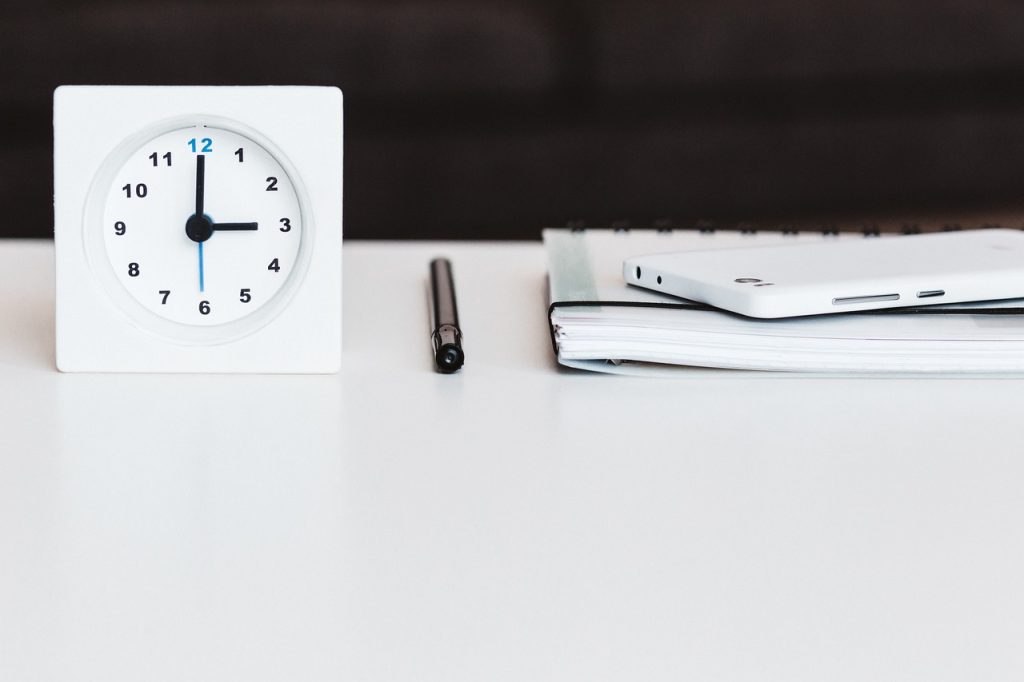As the 31st January deadline for submitting your self-assessment tax return approaches, it’s easy to feel overwhelmed. However, with some careful preparation, you can reduce stress, ensure your return is accurate, and avoid the dreaded late filing penalties. Here are some practical steps to help you get organised, streamline the process, and help your accountant to help you!
1. Gather All Necessary Documents
The key to a smooth tax return is having all your paperwork ready. This includes:
- Income Records: Payslips, P60s, and P45s if you’ve changed jobs.
- Self-Employment Income: Invoices, bank statements, and records of expenses.
- Savings and Investments: Bank interest certificates, dividend statements, or details of any other investment income.
- Other Income: Rent from properties, capital gains, or pension income.
- Proof of Allowable Expenses: Receipts, mileage logs, or utility bills for work-from-home claims.
Start early to avoid last-minute panic if something is missing.
2. Know Your Deadlines and Obligations
It’s essential to understand what you need to declare. Even if you’re not sure whether something is taxable, provide the information to your accountant. They’ll know what’s relevant and can ensure everything is compliant.
3. Organise Your Records Digitally
Using cloud-based accounting software or apps can simplify the process of tracking your income and expenses throughout the year. If you haven’t already gone digital, consider scanning your receipts and documents to share with your accountant more efficiently. From April 2026 keeping digital records will be a requirement for annual business or property income of more than £50K, and from 2027 the requirement will extend to business or property income of more than £30K, so you may as well start now and get used to using digital records in advance!
4. Communicate Clearly with Your Accountant
If you’re working with an accountant, providing clear and complete information is vital. Here’s how you can help them:
- Be Prompt: Don’t wait until the last week of January to send your paperwork. Accountants are often swamped as the deadline nears.
- Provide Context: If there are any unusual transactions or changes in your circumstances, explain these upfront.
- Respond Quickly to Queries: Timely answers to your accountant’s questions will avoid delays in processing your return.
5. Review Your Return Carefully
Even if your accountant is handling the submission, you’re responsible for its accuracy. Take the time to review your return before filing to ensure all details are correct. It may be that you have forgotten to provide some information to your accountant, which then makes your return inaccurate, and even a small oversight can result in unnecessary penalties or HMRC enquiries.
6. Pay Your Tax Bill Early
Remember that the payment of any tax owed is also due by 31st January. Once your tax liability has been calculated, arrange payment as soon as possible. Late payments attract penalties and interest, and paying early means one less thing to worry about.
If this year’s tax return feels chaotic, use it as an opportunity to get ahead for next year. By staying organised and proactive, you’ll not only meet the 31st January deadline but also make the entire process less stressful for yourself and your accountant. Start today, and enjoy the peace of mind that comes from knowing your tax affairs are in order.
Please be aware that E R Grove and Co is completely closed between Christmas and New Year – another good reason to get your information in to us early!




